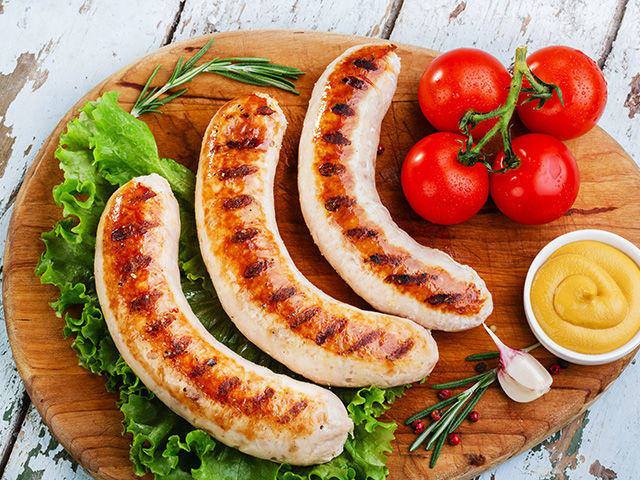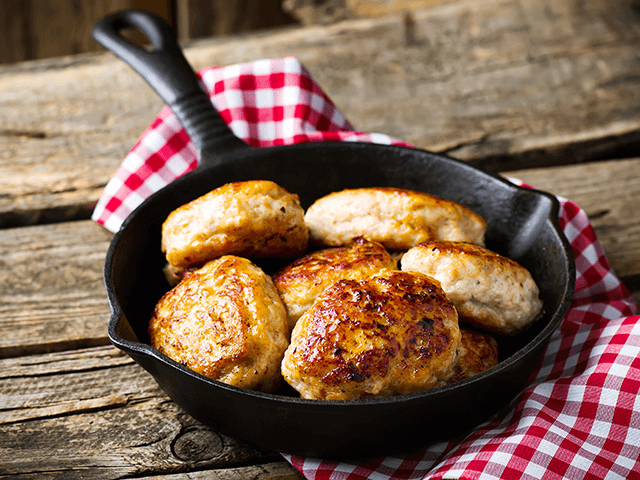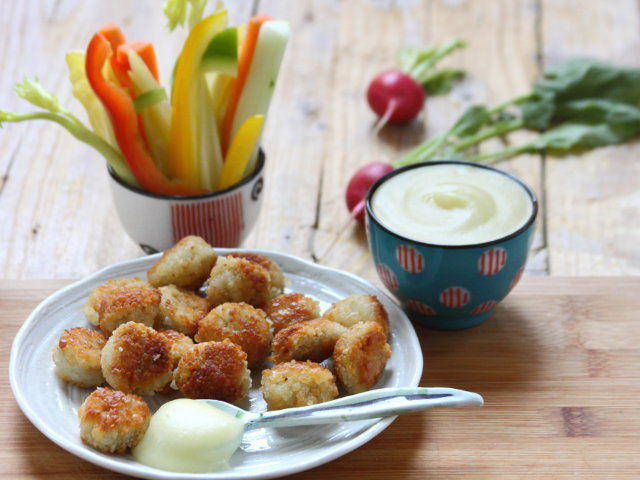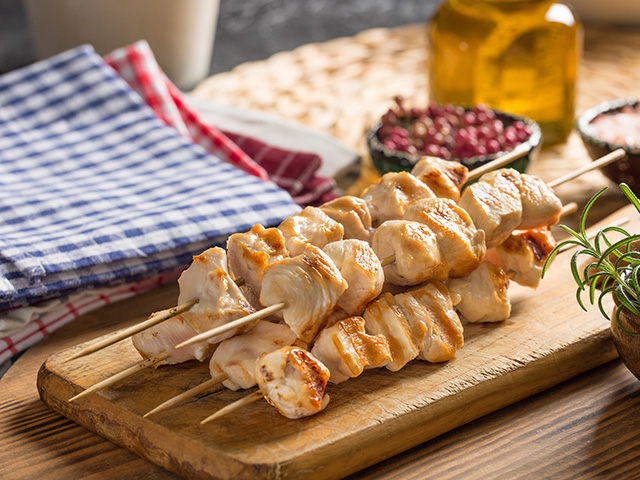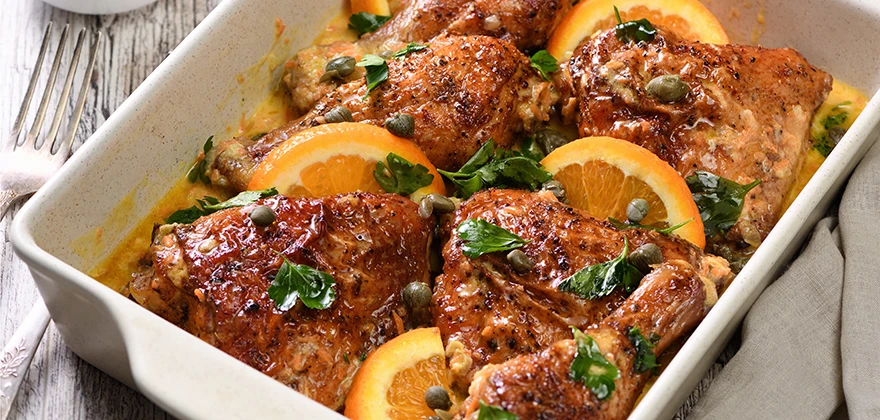Your mouth is already watering at the mere thought. Only to regret it at the first bite, when you test with bitter surprise that your beloved hamburger is once again dry and tow-coloured. Real hard luck, if we consider that cooking a hamburger is one of the classics of our kitchens and that we very often find it on the table. Well, here are some tips on how to prepare a hamburger with all the trimmings without making mistakes:
1) Pay attention to minced meat
The perfect hamburger must be composed of the right mix of lean meat (70-80%) and fat (20-30%). The fat, in fact, is used to keep the meat soft and tasty: do remove with care nerves and skin, but don't waste fat. You will realise this immediately at the first bite! If you don't want to make mince at home, go to the butcher and choose the cut you prefer the most and have it minced in your presence. Store it in the fridge for no more than 3 to 4 hours and prepare for cooking.
2) A hamburger must never be put under pressure
It sounds like a funny joke, but there is some truth in it: if you make a hamburger at home starting from the mince, be very careful the moment you are compacting the meat to create the round shape: over-pressed meat will result hard at the end of cooking. If you want to enjoy it soft, keep it soft and allow the juices to spread and the fat to melt between one grain and the other of mince. So carefully shape the hamburger with moistened hands and set aside presses or similar tools.
3) Cooking to perfection
Hamburgers love delicacy: even if their name reminds of something hard and surly, it must be cooked slowly and over a low flame. Before cooking it, heat the frying pan or the hotplate well: the surface must be quite hot but then you need to proceed with much calm; the meat must cook slowly and evenly, otherwise you risk burning the outside without allowing the heat to penetrate inside. And even when you're cooking the meat, don't press it: you'll let out all the juices of the meat, making it hard and dry at the end of cooking.
These are our basic tips to avoid mistakes when you're preparing a tasty hamburger - now all you have to do is try and have fun with sauces, dressings and ingredients of your choice!
